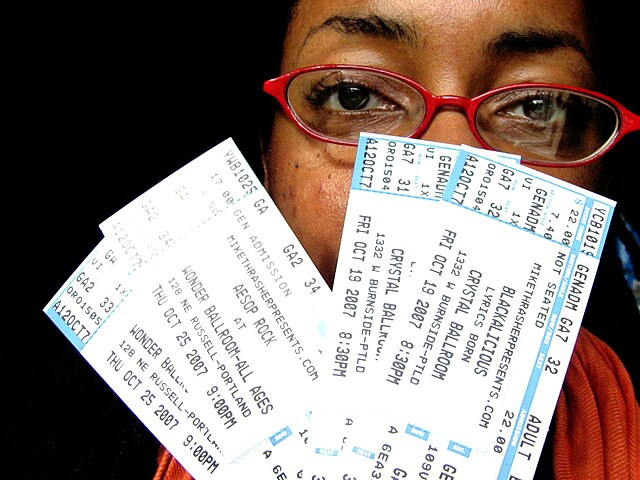The U.S. Department of Justice, along with 30 state and district attorneys general, has filed a landmark antitrust lawsuit against Ticketmaster and its parent company, Live Nation Entertainment. The suit alleges that the company has established an illegal monopoly in the live ticketing industry, driving up fees and suppressing competition, and demands the breakup of the merger between Live Nation and Ticketmaster.
"It is time to break up Live Nation-Ticketmaster," U.S. Attorney General Merrick Garland said in a statement announcing the lawsuit.
The DOJ asserts that Live Nation's extensive control over ticket sales, promotion, artist management, and venue ownership has granted it unfair commercial advantages, significantly reducing consumer choice and leading to higher prices. Live Nation owns or controls more than 265 concert venues across North America, including over 60 of the top 100 U.S. amphitheaters.
The government's complaint describes how Live Nation-Ticketmaster allegedly created a self-sustaining revenue cycle, dubbed the "flywheel." This cycle captures fees and revenue from concertgoers and sponsorship deals, uses that revenue to secure exclusive promotion deals with artists, and then leverages its live content to sign long-term exclusive ticketing deals with venues, perpetuating the cycle and stifling competition.
Live Nation, which brands itself as the world's largest live entertainment company, first drew antitrust scrutiny when it merged with Ticketmaster in 2010. Despite concerns about potential market dominance, the merger was approved by President Barack Obama's Justice Department. Critics have since argued that the merger gave the unified companies too much control over the live entertainment industry.
The DOJ's lawsuit is part of a broader effort to increase antitrust enforcement under DOJ Antitrust Chief Jonathan Kanter. It follows significant cases against other major tech companies, including Google and Apple, under Section 2 of the Sherman Act. The suit filed in the Southern District of New York marks the third major tech antitrust case initiated by Kanter's division in the past two years.
Live Nation's practices came under intense scrutiny in November 2022, when Ticketmaster's system crashed due to "unprecedented demand" during the sale of Taylor Swift's Eras Tour tickets, preventing thousands of fans from purchasing tickets. This incident reportedly triggered the DOJ's antitrust investigation into Live Nation.
The complaint details several methods allegedly used by Live Nation-Ticketmaster to dominate the market. These include exploiting its relationship with Oak View Group, a potential competitor that manages live event venues but avoids bidding against Live Nation for artist talent. The company is also accused of threatening financial retaliation against venues that work with its rivals and employing exclusionary contracts to prevent venues from switching ticketing providers.
Musicians have voiced their dissatisfaction with Live Nation's practices. Taylor Swift, reacting to the 2022 Ticketmaster fiasco, expressed her frustration on Instagram, calling the situation "excruciating" and stating that it "pisses me off." Other artists, such as The Cure's frontman Robert Smith and country singer Zach Bryan, have also criticized Ticketmaster's fees and practices.
In 2019, the DOJ and Live Nation extended the 2010 consent decree that allowed the merger to proceed. The update clarified prohibitions on behaviors that could harm competition, such as threatening to withhold concerts from venues that chose other ticketing platforms. However, DOJ officials noted that the current lawsuit addresses broader and more recent anticompetitive conduct under antimonopoly laws.
The lawsuit represents a significant challenge to Live Nation's business model, which integrates event ticketing with control of popular venues, allowing the company to dictate terms and fees. If successful, the case could lead to substantial changes in the live events market, potentially unwinding the merger and increasing competition.





